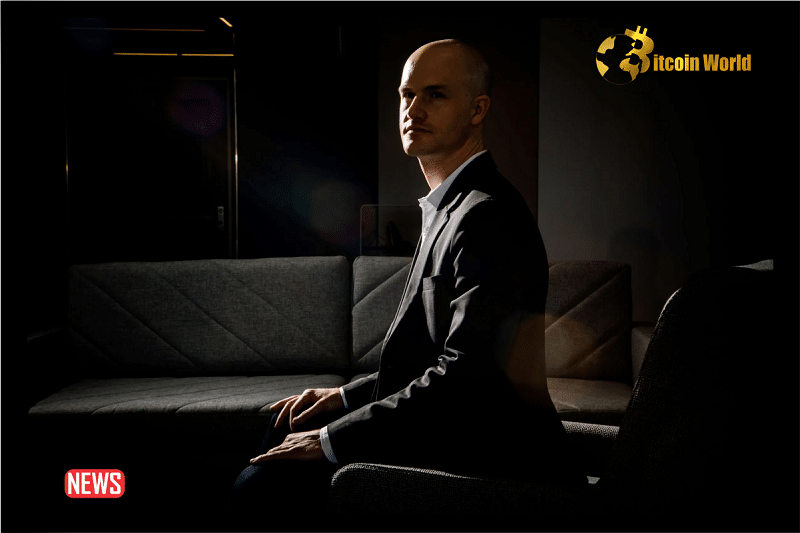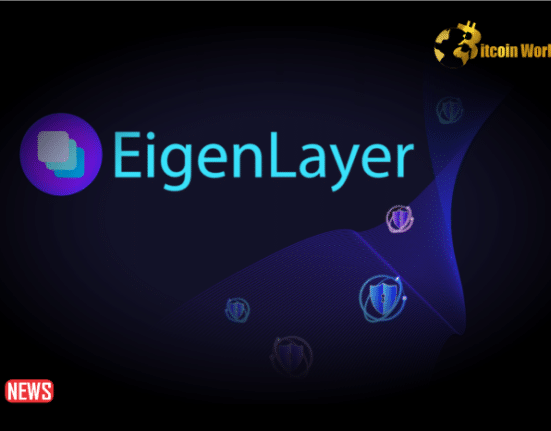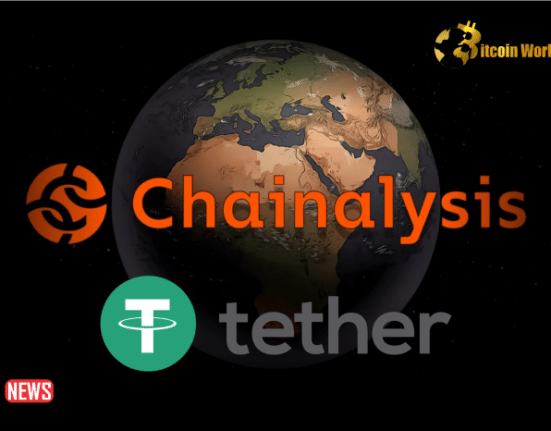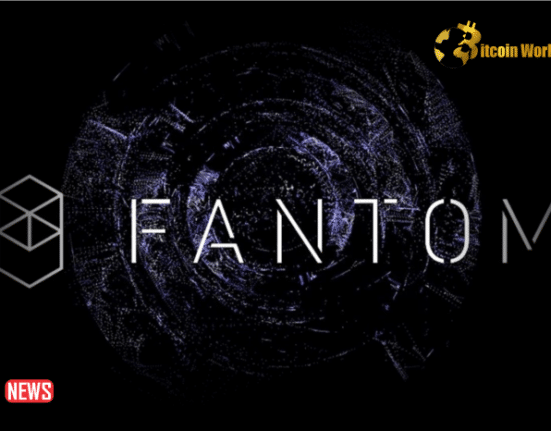- Brian Armstrong expresses deep concern and predicts legal consequences after OpenAI’s board removes Sam Altman as CEO.
- Armstrong hinted at an alleged “EA, decel, and AI safety coup” at OpenAI.
- Also, Armstrong encouraged OpenAI talent to leave the company.
Brian Armstrong, CEO of Coinbase exchange, has reacted to the board of directors’ decision at OpenAI, the company behind ChatGPT, regarding relieving Sam Altman from his CEO responsibilities.
In a recent tweet, Armstrong expressed deep concern over the development, hinting at a possible “EA, decel, and AI safety coup” unfolding at OpenAI. According to Armstrong, such could have devastating consequences.
In this context, he argued the OpenAI board has tampered with $80 billion of value and dismantled what he describes as a shining star of American capitalism. Given the weight of the event, Armstrong predicts potential legal repercussions as investors may pursue legal action against OpenAI.
If this is really some EA, decel, AI safety coup at OpenAI, the board just torched $80B of value, destroyed a shining star of American capitalism, and will be sued to high heaven by investors.
Every talented employee at OpenAI should quit and join Sam/Greg's new thing (if they…
— Brian Armstrong 🛡️ (@brian_armstrong) November 18, 2023
Notably, following the sacking of Altman from OpenAI, Greg Brockman, a co-founder and president at OpenAI, resigned from his role in the firm. Therefore, Armstrong has encouraged every talented employee at OpenAI to consider leaving the organization.
Read Also: Charles Hoskinson Extends Invitation As Sam Altman Exits OpenAI
In particular, he asked them to similarly resign and join the recently ousted CEO and president Brockman in their new venture, provided they establish one. Armstrong advises skipping the “woke non-profit board,” ejecting decels/EAs, maintaining founder control, avoiding nonsensical regulation, and focusing on accelerating progress.
Furthermore, the Coinbase CEO stressed the importance of building something positive for the world without succumbing to external pressures or feeling guilty about it. Besides, the tweet highlighted Armstrong’s belief that the kind of “decel” thinking present at OpenAI, reminiscent of what he believes destroyed value at Google, poses a significant risk.
Notably, the OpenAI board of directors removed Altman from his position on Friday due to allegations of inconsistencies and opaque communication. They assert a loss of confidence in his leadership abilities at OpenAI.















